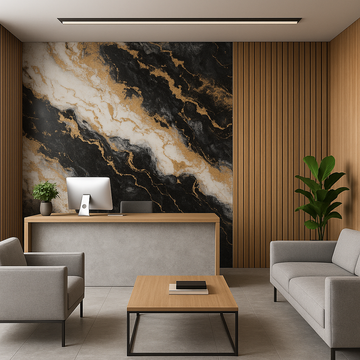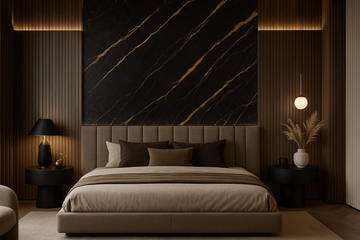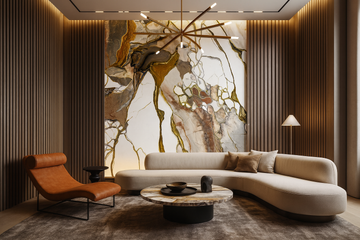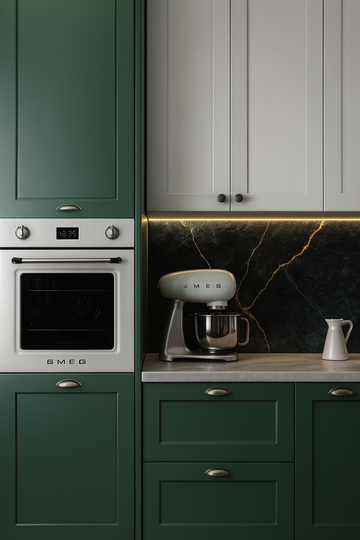Designers are no longer just choosing surfaces for looks—they’re demanding performance, versatility, and long-term value. That’s where SPC wall panels come in.
Short for Stone Polymer Composite, SPC panels are rapidly becoming the go-to solution for forward-thinking residential and commercial projects. And it’s not just about aesthetics—it’s about delivering next-level results.
At Dunya, we’ve seen firsthand why SPC is changing the game—and why more designers are making the switch.
1. Durability That Doesn’t Compromise on Design
Let’s face it: beauty means nothing if it can’t last.
SPC panels are built from a robust core of stone polymer, offering incredible impact resistance, waterproof protection, and wear durability—without sacrificing style.
Dunya’s SPC collection includes rich textures, natural stone looks, and sleek finishes that elevate any space while standing up to high-traffic, high-moisture environments.
Perfect for: bathrooms, kitchens, lobbies, hallways, hospitality, retail
2. Easy Installation = Faster Project Timelines
Time is money—especially on a job site. SPC panels feature click-lock technology or simple adhesive installation, meaning:
-
No grout
-
No mess
-
No long curing times
Designers love the ability to spec and install quickly, saving hours (and dollars) without sacrificing precision or impact.
3. Mold-Resistant & Waterproof Wall Coverings
Unlike traditional drywall, tile, or wood veneer, SPC wall panels are 100% waterproof and mold-resistant, making them ideal for high-humidity or splash-prone areas.
Whether it’s a steam room or a shower wall, Dunya’s SPC panels hold up without warping, rotting, or requiring sealing.
4. Lightweight & Versatile
SPC’s layered construction creates a lightweight, yet structurally solid material that can be used in places traditional wall surfaces can’t—like curved walls, ceilings, or retrofits.
Designers are turning to SPC as a way to push creative boundaries without pushing logistical ones.
5. A Modern, Sustainable Choice
SPC is not just a smart design choice—it’s a sustainable one.
The manufacturing process uses fewer raw resources than traditional stone, and the panels’ long life span means less waste over time.
Pair that with Dunya’s commitment to thoughtful sourcing and curated design, and it’s a win for the planet and the project.
How to pick a good SPC flooring?
When choosing SPC flooring, consider factors like thickness, wear layer quality, and design options. Opt for a reputable brand that offers durability and moisture resistance. Additionally, ensure the installation method suits your needs, whether it's click-lock or glue-down. Always check customer reviews for insights on long-term performance.




